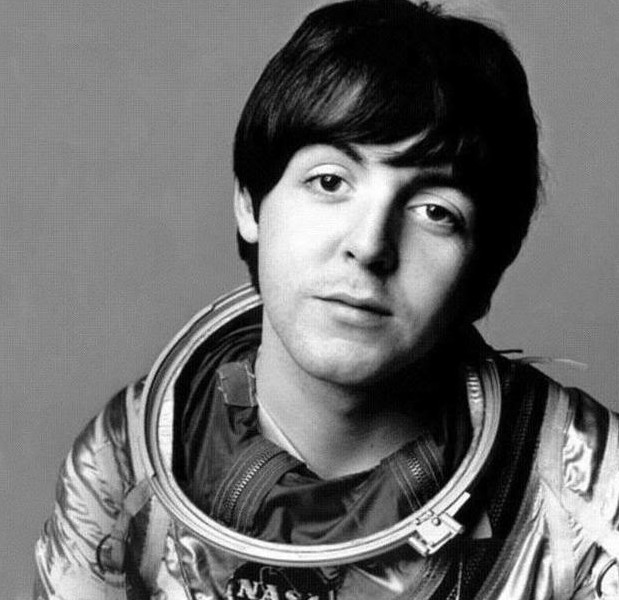Neil deGrasse Tyson readily admits he’s bad at predicting the future, but as one of the leading public faces of science, he gets those kinds of questions. He certainly doesn’t restrain himself, however, when making prognostications about private space companies and the future of exploration, believing venture capital will never be the leader of such ventures.
From a Verge interview conducted by Sean O’Kane:
Question:
The flip side of that is you have a live show coming up in Brooklyn that’s themed “Delusions of Space Enthusiasts.” I can think of at least a couple things that you might talk about during that. Can you give an idea of what that might cover?
Neil deGrasse Tyson:
Well I think the biggest delusion was watching us go to the Moon in the 1960s and saying to yourself, “Wow this is a great frontier we’re breaching, we’ve dreamed about the Moon for centuries, and in just a few more years we’ll be on Mars and then we’ll be all over space.” That was missing some important parts of that equation. You’re missing the fact that we only declared we’re going to the Moon because we were at war with the Soviet Union, we were in a cold war, so this is a war of technologies. The fact that Sputnik was launched in a hollowed out intercontinental ballistic missile shell — no one thought about the space over the atmosphere. We knew that you could control your own airspace, but how about your “space” space?
So there was our sworn enemy’s spacecraft flying over our head, and we knew it because they would send out radio signals and you could detect it. And so that’s why we went to the Moon. We didn’t go to the Moon because we’re explorers or discoverers, or we’re Americans. There’s a whole delusional front story that we tell ourselves about that era. And then, when we don’t go end up going to Mars, people cry foul. It was war that got us there, so let’s just be honest about that.
Once you know what the actual drivers are, if you want to continue to achieve that goal, then you can at least base it on the reality of people’s decisions rather than what you wish they were.
Question:
It seems really easy to delude ourselves about the state of space now, right? We look at a company like Mars One and say, “Oh yeah, totally, that seems possible. A reality show would definitely fund a mission to Mars.” Or even SpaceX, we’ve looked at that company with wide eyes and only now question them after a very public failure.
Neil deGrasse Tyson:
The delusion that relates to private spaceflight isn’t really what you’re describing. They’re big dreams, and I don’t have any problems with people dreaming. Mars One, let them dream. That’s not the delusion. The delusion is thinking that SpaceX is going to lead the space frontier. That’s just not going to happen, and it’s not going to happen for three really good reasons: One, it is very expensive. Two, it is very dangerous to do it first. Three, there is essentially no return on that investment that you’ve put in for having done it first.•
Tags: Neil deGrasse Tyson, Sean O'Kane

